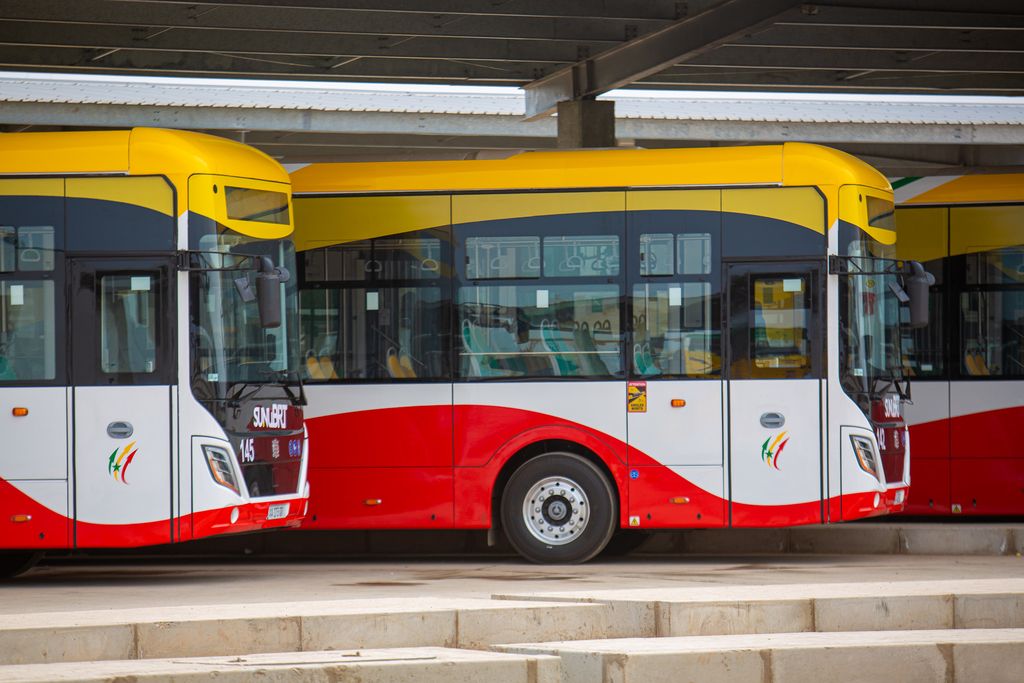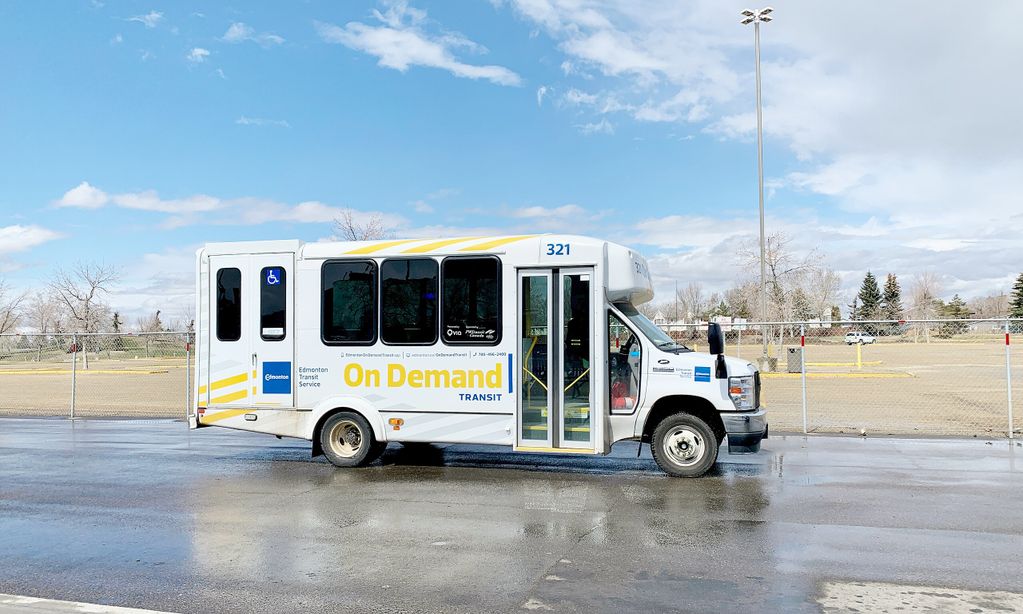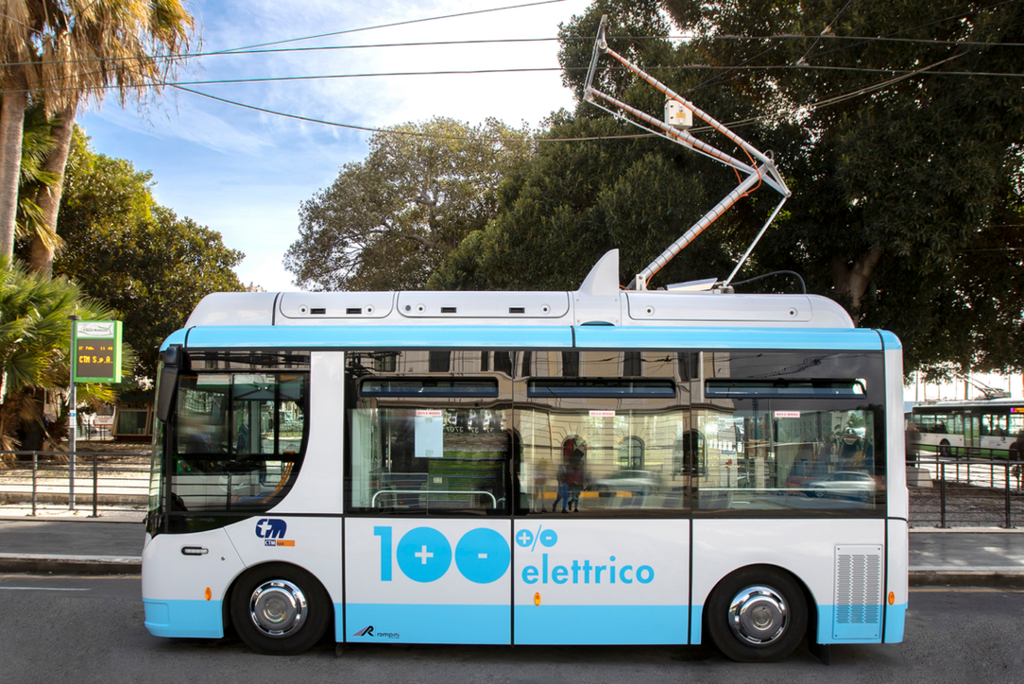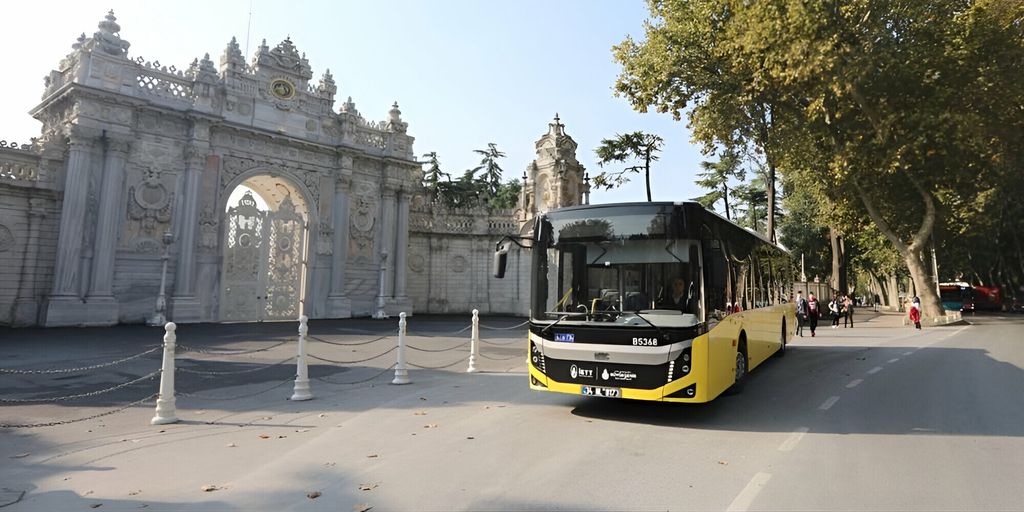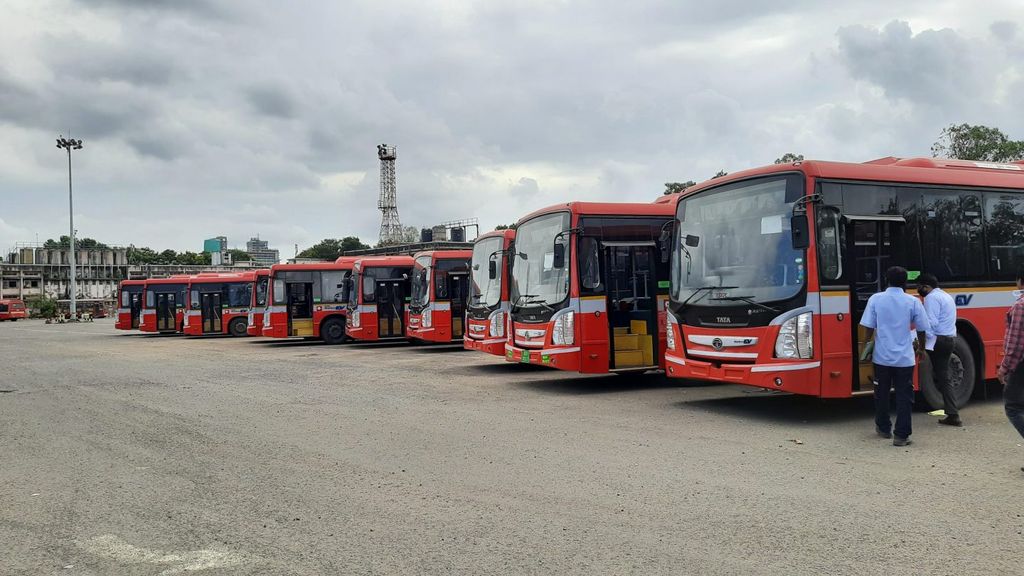
Performance evaluation of electric bus from six Indian cities
India has already deployed about 2000 e-bus across different cities while an additional fleet of 6500 buses are contracted through to be operational before the end of 2023. As the Government of India has further announced to induct an additional 50,000 electric buses in the coming years under the National Electric Bus Program (NEBP), it is important to evaluate the performance of already deployed e-buses. This would help in monitoring the performance of these buses objectively to ensure effective service planning and contract management in the short-term and will also inform the procurement specifications in the future.
UITP previously developed a comprehensive ‘Framework for Performance Evaluation of Electric Buses in India (2020)’ covering a wide range of data points to understand electric bus performance such as the bus and charger specifications, operational performance, charging needs and energy efficiency performance, depot, staff and financial performance. Building on this framework, UITP engaged with about six cities namely Delhi, Mumbai, Bengaluru, Pune, Surat and Lucknow to support them in their performance evaluation efforts as well as improving the framework further to meet local needs.
The performance data was collected from these cities based on the framework developed by UITP and as a part of their regular monitoring process, focus was given on building capacity of cities in using the framework.
Qualitative and quantitative data selection
UITP in partnerships with the six cities collaborated in the data collection to monitor their e-bus performance and identified counterpart staff in the bus agency and the operators to get trained to adopt these practices beyond the current project duration. Qualitative data was collected from key officials involved in planning, procurement and operations of e-buses in the form of unstructured conversations and structured questionnaire surveys developed in partnership with the International Council on Clean Transportation (ICCT). Quantitative data was collected for static information regarding the bus and charger technology and dynamic information such as energy efficiency and schedule adherence through the performance evaluation framework.
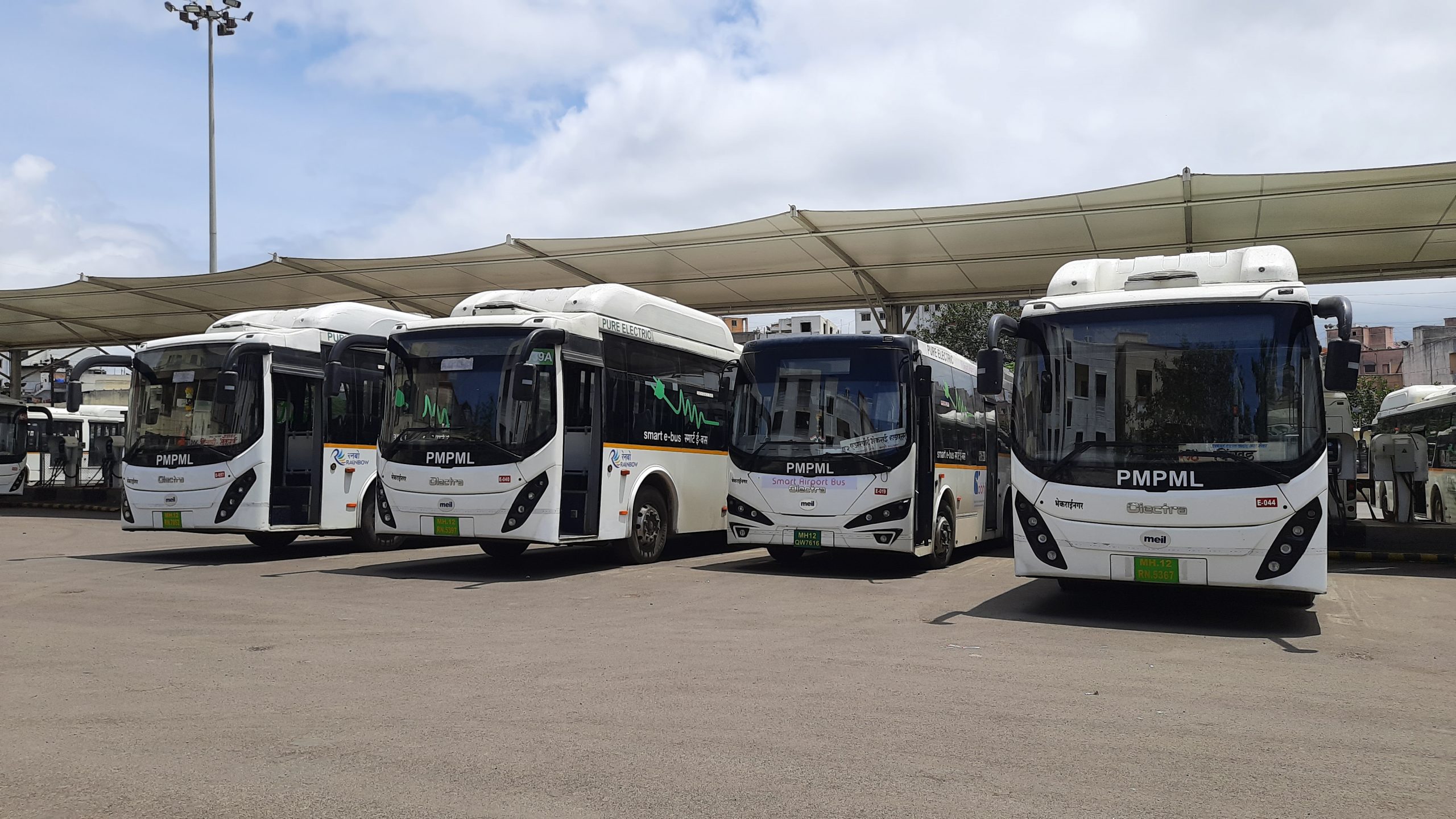
Comparative analysis of the selected cities
Performance evaluation and efficiency improvement in procurement and operations is a low-cost and high returns strategy to reduce the cost of e-bus uptake and enhance service delivery. A comparative analysis of vehicle specifications, charger specifications and power infrastructure requirements in the six selected cities demonstrated several alternative combinations that can be adopted by cities for deployment of electric buses. The operational and energy efficiency performance analysis indicated significant variance in performance based on the city’s bus and charger technology specifications as well as its operating conditions. Thus, careful planning prior to procurement is crucial in identifying the vehicle, charger and power infrastructure specifications which are most appropriate for a given context.
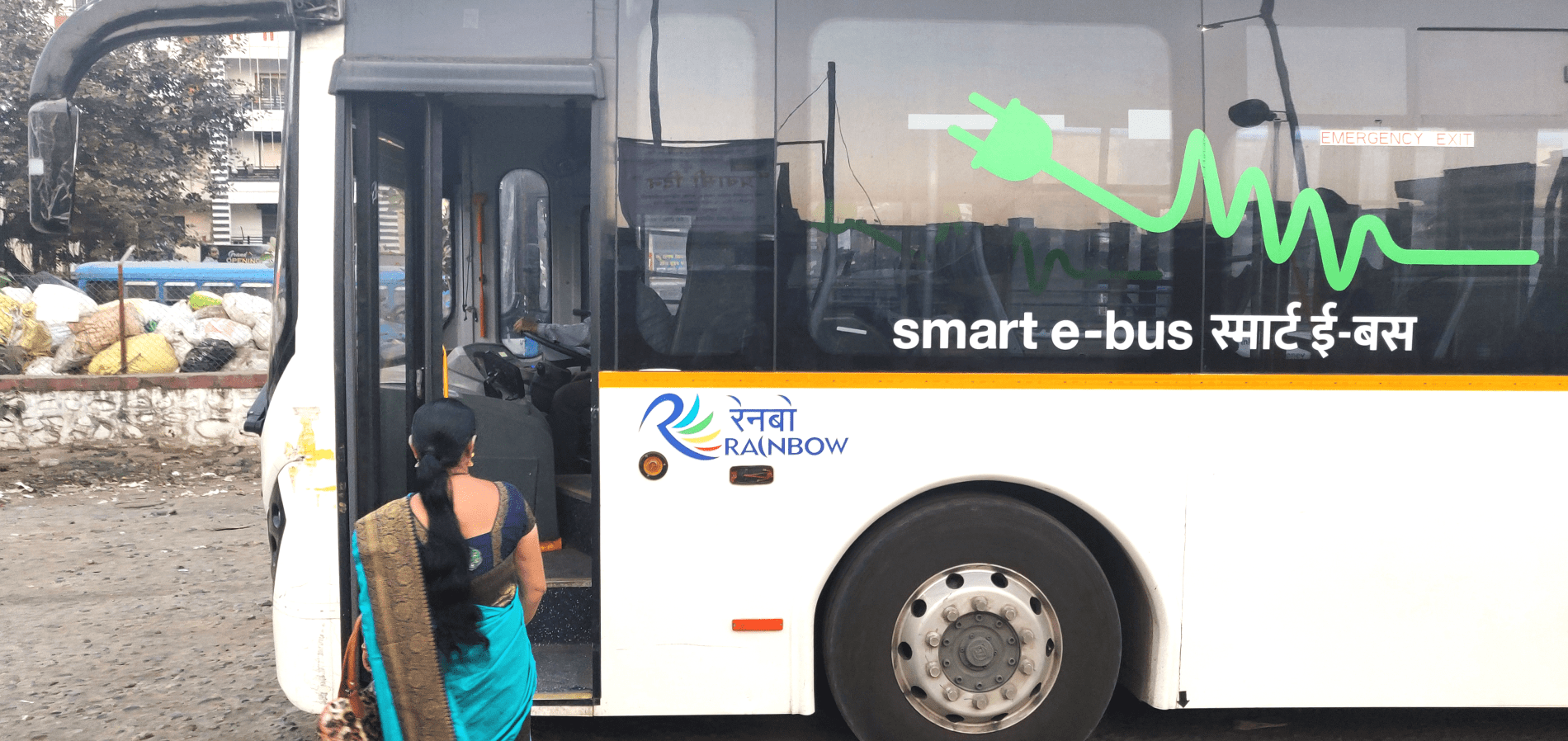
The performance evaluation exercise provided valuable insights into the current functioning of e-buses in India, while at the same time it helped to identify significant gaps in the current data and performance management practices of both authorities and operators deploying the electric buses. As a way forward, recommendations are provided in the form of action points for improved performance evaluation practices and thus, can act as an input in developing a more comprehensive country-wide approach towards performance evaluation.




